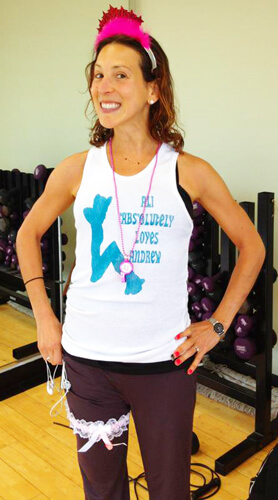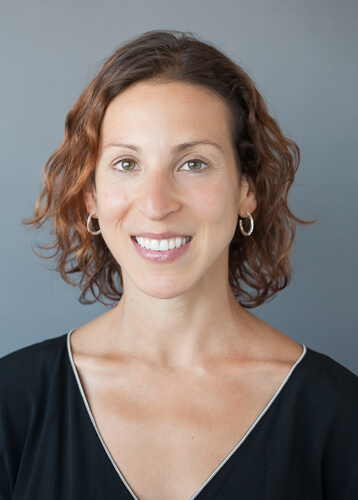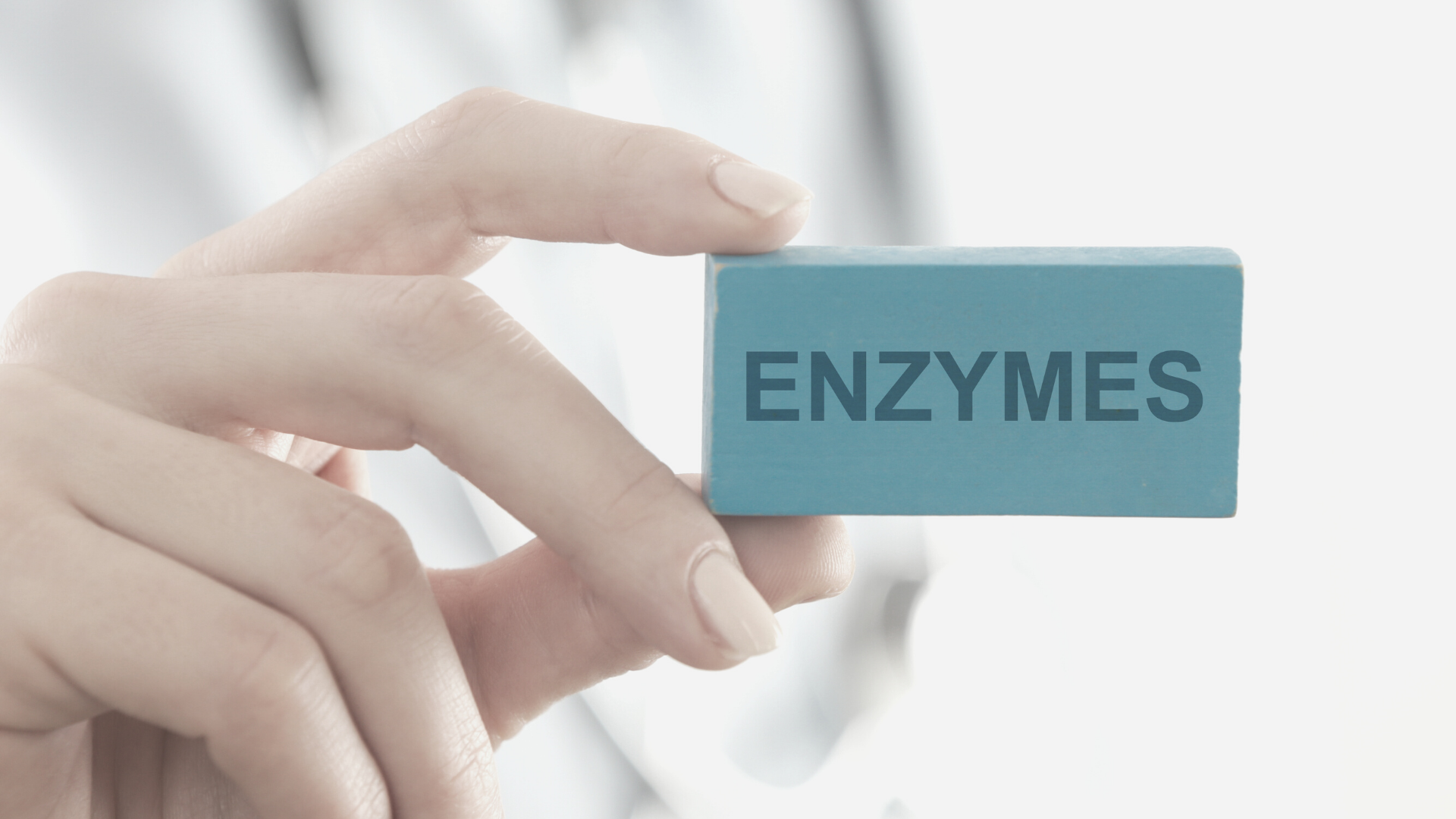Today I’m sharing why Ali Weinberg is A Gutsy Girl. Here is Ali’s story on taking control of her health.
Why Ali Weinberg is A Gutsy Girl
It all started last summer. I’ll never forget the feeling of walking my dog up on a hill near my house. A hill that normally wouldn’t bother me was making my heart pound out of my chest. Climbing that hill made me sweat as if I had just sprinted a mile, even though it was a hill that I had easily climbed hundreds of times before. For weeks my workouts had started to get more and more challenging.
For someone who is an ex-athlete and worked in the fitness industry for over 10 years, this change was highly intrusive and very noticeable to me. More importantly, I knew something was wrong with me and my overall health. I ended up going to the ER that afternoon and after an overnight stay in the hospital I was diagnosed with pericarditis- an inflammation of the heart muscle most likely caused by an infection and treated quite easily with anti-inflammatories.
If only it were that simple.
A couple of months passed and the situation was not getting much better. After more check-ups and blood work, the doctors decided to use a regimen of steroids on me. Not only did the steroids make me highly emotional and manic, but a few weeks after that first regimen my heart problems came back- but this time it was much worse. I was hospitalized for a week and tested for every sickness and disease possible. Theories? Lymphoma, leukemia, lupus or other auto-immune disease, infectious disease, AIDS, heart disease, and the list goes on. Every day in the hospital involved getting more biopsies, CAT scans, MRI’s, blood tests, poking and prodding, but still no real answers. No one, including the specialists, really knew what was going on. The only thing they did know was that a mass had developed in my heart and they were not sure what had caused it. The hospital treatment would be a heavy dose of steroids and continued testing.
When I was finally discharged from the hospital a week later the prevailing diagnosis was a rare bone marrow disorder called hypereosinophilic syndrome or HES. This disorder occurs when you have an excess of “fighter” cells in the bone marrow. Interestingly enough, an excess of eosinophils in one’s bloodstream can be an indication of an allergic reaction to something. I was then tested for eosinophils weekly and due to the steroids (or so it seemed) my numbers never increased again. In the back of my head I started to doubt my diagnosis as it left so many questions unanswered for me.Why had I developed a mass in my heart?Why were my liver enzymes continuously elevated? Why were my immune and antibody levels so low? It was quite clear to me that steroids kept the inflammation in my heart at bay, which probably saved my life. But we still had no solid answers as to what had caused the HES in the first place.
So life became a routine of seeing every specialist imaginable (some very outstanding and some not so good). I fought with my insurance company on a daily basis it seemed, and I made it my full time job to recover from this illness. However, everything I had learned or knew about healing one’s body from illness did not apply here. As a wellness coach and fitness instructor, I had always used exercise as medicine for my body and mind. But due to my diagnosed heart condition I was instructed not to do any cardiovascular exercise by the doctors. As a person who is a self-proclaimed “control freak,” this was highly challenging and barely manageable. Exercise has always been my therapy and not being able to do any aerobic work left a huge void my life. I tried to focus on yoga and walking, but since part of my identity had always been a fitness instructor and exercise lover, I truly felt a loss of control over what was happening to me physically and mentally.
I have to say what saved me during this time was the support of my boyfriend Andrew and my wonderful family. They were always there for me – including the times in which I would lie on the floor crying because of the steroids or due to the fact that I still did not know what was wrong with me and I just wanted answers.
By this time the investigation process was well under way. Since we were not getting the diagnostic answers from the doctors, Andrew and my family started doing some research. As a woman who has experienced gastrointestinal issues for my entire life, we started to wonder if there was any connection with my GI system. We began to read more and more about gluten sensitivity, celiac, and related health complications. Oddly enough around the same time, as if a sign from above, we ran into a new friend on Super Bowl Sunday. Our friend told us how he had suffered from odd medical issues for weeks a few years prior, and was finally given a gastric biopsy to check for Celiac Disease.
We started to get more curious and decided to check it out. We wondered if my strange autoimmune responses were linked to a food intolerance. Looking back on it, I recalled how after eating foods such as sandwiches and pizza, I would almost always develop stomach aches and bloating. I had become so used to feeling this way after eating grains that I accepted that this was how you should feel. My previous doctor’s would tell me I had Irritable Bowel Syndrome and to eat more whole grains, fiber, and whole wheat. Little did I know then that I was poisoning myself.
I decided to go gluten free and immediately felt a world of difference. It was not necessary to make many changes in my home since my diet was already focused on eating whole, non-processed foods. The big challenge was eliminating whole wheat (bread, cereal, and granola bars for convenience). After feeling much better, my doctors wanted to test me for Celiac once and for all. But since I had extremely low antibodies the thought was that I would “fail” the celiac blood test (low antibodies can create false negatives in blood testing). When the doctors decided they wanted to do an endoscopy, they recommended I do a gluten challenge since I had already been GF for a few months. I ultimately was not willing to eat gluten again to re-develop the damage in my GI tract. Therefore, the test came back showing “inconclusive damage”.
I continued feeling much better, although I was coming up on a year later and we still had no definite diagnosis or reason for why I got so sick the previous year. My specialist began to wonder if inflammatory bowel disease (IBD) was the root of the problem. There had been other documented cases of IBD and heart issues, so he wanted to explore it. He set me up with a new GI doctor- Dr. Morgan. During my consult she refused to set up a colonoscopy on me, and said “You are so sensitive to all of these procedures, I am not going to give you another one”. It was the truth. Every time I had a procedure done, I ended up being readmitted to the hospital with a medical complication. Instead, she decided to send away for very expensive blood testing for IBD, and threw a celiac genetic test in there just to make sure we weren’t missing anything. She told me she was relatively sure there was some sort of autoimmune process occurring in my body, and that the gluten-free diet seemed to be most helpful in keeping it at bay. She also recommended avoiding dairy and soy due to the adverse reactions that those products commonly cause as well.
A few weeks later I got the call that I had been suspecting for some time. “Ali, of all the Celiac gene tests I’ve done in my practice, you have the highest score I have ever seen.” Indeed, I scored a 7 on a scale of 1-8 for the Celiac gene called DQ2. 99% of celiacs carry this gene. Dr. Morgan explained that while she is not sure that Celiac caused all of the problems that begin last year, people with untreated Celiac have a higher likeliness of developing other autoimmune diseases. These diseases can lead to people developing serious health consequences, like heart issues. Luckily for me, my medicine will be sticking to my gluten and dairy free diet, and taking care of my body, mind, and spirit.
The moral of the story is that it is so important to listen to and be aware of our bodies. We should never accept answers that don’t make sense when it comes to our health. Doctors can be helpful, but remember that they don’t know EVERYTHING. Most doctors concentrate on helping us get well so that we can get out of the hospital. They work to relieve the symptoms but most of them won’t go the extra distance to help you figure out how the issue originated. In my case, I needed to figure out for myself.
Looking back on it, steroids probably saved my life. Was it necessary to be on them for nearly a year? Probably not. Should the doctors have looked into Celiac years ago when I was coming in for a multitude of GI problems? Probably so. Ultimately, we can’t put our health in doctors’ hands. We must be aware and take responsibility for knowing our baseline health. When something feels wrong or abnormal, the best course is to follow through and taking action to find the root cause of the problem. I learned the hard way that doctors don’t always immediately have the answers, and that being proactive about your health is imperative.
Ali Weinberg is a certified health and wellness coach and licensed mental health therapist. She is Director of Wellness Coaching at Engin, Inc. and can be reached at ali@engincoach.com.
Xox,
SKH
🤰 bloating be gone! weight loss through optimal gut health for women
💃ʜᴇᴀʟ ʏᴏᴜʀ ɢᴜᴛ. ʜᴇᴀʟ ʏᴏᴜʀ ʟɪfe.
🫶🏻 founder gutbyome.com








What a crazy experience! I am a control freak and cardio addict too- that would have been so difficult to be patient while you’re trying to determine what’s going on. I’m so glad you found that sensitivity- I’m sure there are many people living with a food intolerance who have no idea. Thanks for sharing your story!
that is quite a journey. Thank you for the wonderful and insightful share into challenges that many of us face, some more so than others, clearly. Best of wishes to all.